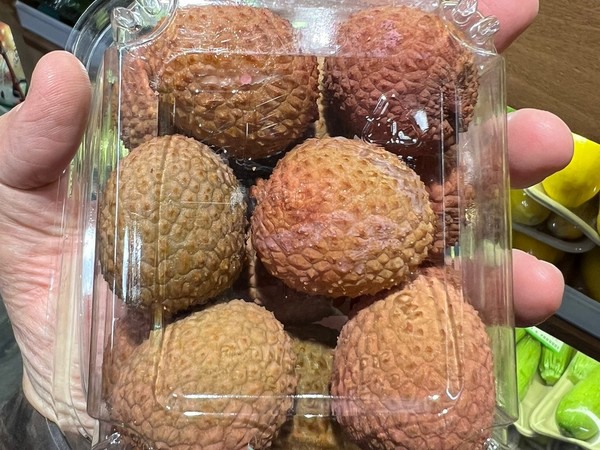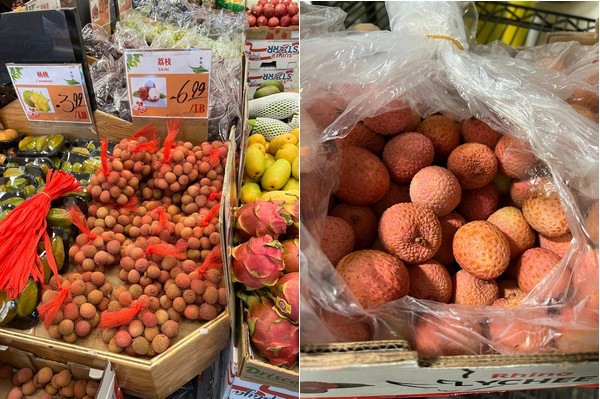Shipments of lychees from South Africa will finish in the next two weeks with limited volume and close the door on a more sizeable season.
“This was a much bigger season than was originally planned. We more than doubled the program,” says Nick Bernal of Seasons Farm Fresh, Inc., who notes that between the three different importers who work with the South African lychee growers’ group, more than 200,000 4.5-kilo cartons were shipped this season.

There are a few reasons behind the growth of the program. “This year the fruit from South Africa has been excellent. It’s really helped drive sales with very high Brix and great color and sizing. Retail and wholesale markets have responded well and we’ve had no problem selling the stock we have,” says Bernal.
In turn, retail response to imported lychees has grown. When Seasons Farm Fresh first started its program six years ago, it largely targeted ethnic markets such as Asian and Latino--communities who were familiar with lychees and throughout the six years have been driving the volume. “This year retailers such as Costco have really jumped on board and are repacking it into clamshells, thus taking a large volume of the imports. Other retailers are seeing that and are asking as well so next year we expect to see even more retail. The goal is to continue increasing the program,” says Bernal.
Lunar New Year timing
The timing worked in favor of the season as well. While Seasons Farm Fresh had hoped to go into late February, warmer temperatures brought on fruit faster and the program started seven to 10 days earlier this season in November. However, what is also early is Lunar New Year and this year Bernal says thankfully there are plenty of lychees available for the holiday.

Meanwhile, South African growers have also been looking to shift the allocations of their fruit. “It had been that South Africa’s main market was Europe--South Africa produces about 4,000 tons of lychees in a season. In this market, Madagascar has come in as a major player and they produce fruit in an artisanal style and at fixed pricing so when it hits Europe, it can affect the market,” says Bernal. “So early South African producers benefited but that’s only a small percentage of growers. They wanted to shift allocations to the U.S. which is a more stable market.” Bernal anticipates that for the upcoming season that growers will be interested in sending even more fruit to the U.S.
As for pricing, it was slightly higher by $1-$2 due to increased production and logistical costs, but that pricing has since leveled off. “We try not to have huge price swings so it’s a pretty stable program in terms of pricing,” says Bernal.
 For more information:
For more information:
Nick Bernal
Seasons Farm Fresh, Inc.
Tel: +1 (305) 608-9020
[email protected]
https://seasonsfarmfresh.com/










